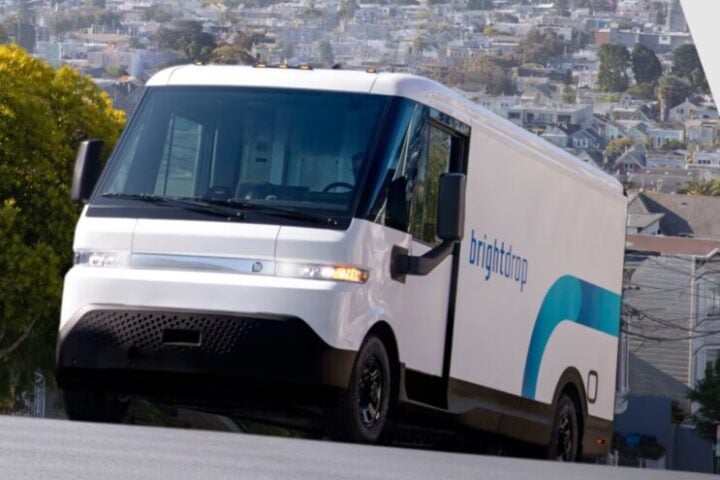Outdoor gear giant Patagonia has taken another stride in its environmental journey by joining Canopy’s Pack4Good initiativeThis move signals a shift towards sustainable packaging solutions that could reshape the outdoor apparel industry’s approach to environmental stewardship.
The Tree-to-Box Problem
Each year, the paper packaging industry consumes a staggering 3.1 billion trees, many from climate-critical forests. This practice poses a significant threat to biodiversity and exacerbates climate change. Patagonia’s commitment to Pack4Good aims to address this issue head-on.
Next Generation Solutions: From Agricultural Waste to Packaging
Patagonia is exploring Next Generation (Next Gen) packaging solutions that utilize agricultural waste and other non-forest fibers. This approach could significantly reduce the company’s reliance on tree-based materials for items like delivery boxes, hang tags, and shoe boxes. Jennifer Patrick, Packaging and Branding Director at Patagonia, stated, “As part of our goal to build the best product and constantly improve everything we do, we are taking steps to review and develop new, more responsible packaging materials in partnership with Canopy.”
A History of Environmental Leadership
Patagonia’s involvement with Canopy dates back to 2013 when the company began addressing the environmental impact of viscose textile production. The outdoor apparel maker has since become a leader in sourcing from producers rated as “green shirt” in Canopy’s annual Hot Button Report. The company has also implemented 100% recycled content for all its packaging and catalogs, demonstrating a commitment to minimizing its environmental footprint.
Scaling Up: The Challenges Ahead
While the shift to tree-free packaging materials is promising, scaling up production to meet industry demands presents challenges. Patagonia and Canopy will need to work closely with suppliers and innovators to develop commercially viable Next Gen solutions. Nicole Rycroft, Founder and Executive Director of Canopy, emphasized the timeliness of this initiative: “This commitment comes at a crucial time when the need for low-carbon alternatives to forest-based packaging is more pressing than ever.”
Similar Posts
Industry Impact and Future Outlook
Patagonia’s commitment brings the total number of brands in the Pack4Good initiative to 445, representing over $249 billion in annual revenue. This critical mass could drive significant change in the packaging industry, potentially leading to increased investment in agricultural waste processing technologies, the development of new supply chains for alternative fibers, and pressure on other outdoor apparel brands to adopt similar practices. Environmental scientists stress that such initiatives are crucial for businesses to make data-driven decisions in mitigating climate risks and transitioning to a low-carbon economy.
Technological Innovations in Sustainable Packaging
The Pack4Good initiative leverages advanced data analytics and machine learning algorithms to process environmental, societal, and financial data. These tools provide companies with actionable insights for implementing sustainable packaging solutions. Future developments may include features allowing businesses to simulate the financial impact of various sustainable packaging options, helping them prepare for upcoming challenges and regulations.
Measuring Success: Environmental Impact
While specific data on Patagonia’s packaging transition is not yet available, similar initiatives have shown promising results. For instance, some companies have reported significant reductions in carbon emissions and improved overall sustainability performance after adopting tree-free packaging solutions. As Patagonia implements these changes, tracking and reporting on the environmental impact will be crucial for assessing the initiative’s success and inspiring further industry-wide adoption.
Conclusion
Patagonia’s partnership with Canopy and commitment to the Pack4Good initiative represents a significant step towards more sustainable packaging in the outdoor apparel industry. By focusing on Next Gen solutions and tree-free materials, the company is addressing a critical environmental issue while potentially influencing broader industry practices. As this initiative unfolds, it will be essential to monitor its impact on forest conservation, carbon emissions, and the development of new, sustainable materials. The success of Patagonia’s efforts could serve as a model for other companies looking to reduce their environmental footprint in an increasingly eco-conscious market.

















